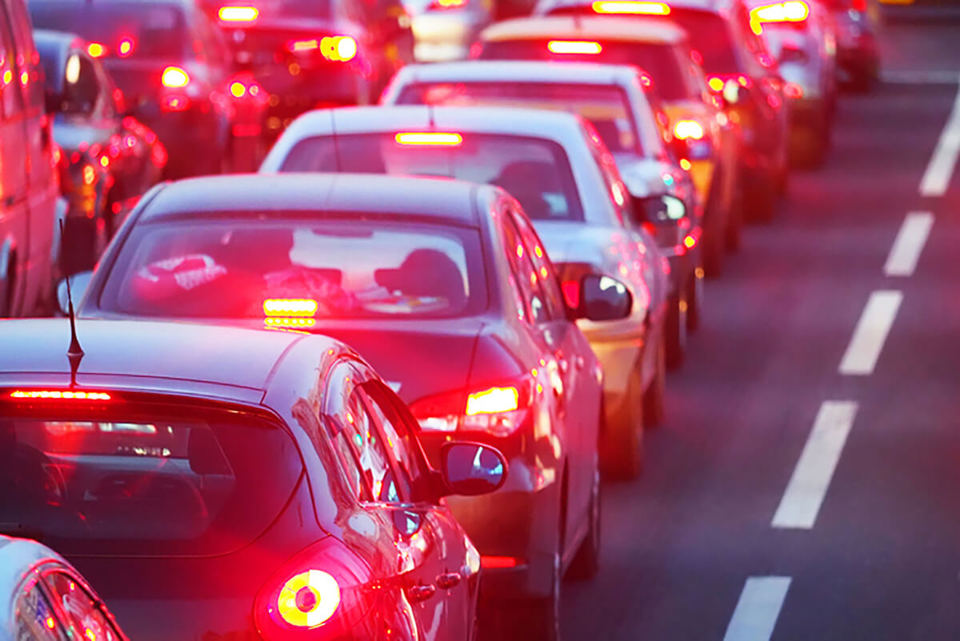The efficiency of internal combustion engines will be improved by at least third, meaning their dominance will remain unchallenged for the next 20 years, despite the development of electric vehicles.
“We believe that we can further reduce the fuel consumption of petrol and diesel engines by up to a third,” said Dr Bernd Bohr, chairman of Bosch Automotive Group.
“This would turn a mid-class diesel into an 80mpg car with carbon emissions under 99g grams per kilometre.”
Bosch claims a multitude of opinions and an insufficient understanding of technology seem to have led to what it calls “unrealistic forecasts”.
Bohr believes innovation in a range of areas, including new combustion processes and highly precise injection technology, along with turbocharging and stop-start systems, will continue to boost combustion engine efficiency.
Bosch confirmed that it will also “step up” its development of electric vehicles through its hybrid technology, which it sees as a bridge to full electrification.
In addition, working with Samsung SDI, it has a budget of $500 million (£304.6m) to develop and produce lithium-ion-cells.
“Whatever we do, it would currently be too simple to claim that the electric car is completely eco-friendly,” added Bohr.
“After all, power is generated not only with renewable resources. Rather, today’s energy mix still includes power from coal-fired power stations.”
Taking German energy production methods as an example, which are similar to the UK’s, Bohr explained that a compact electric car still emits 120g/km of CO2 when emissions from the power stations are taken into account.
However, this doesn’t seem to be deterring UK fleets such as TNT and Sainsbury’s Online from embracing electric vehicles (Fleet News, June 18).
Tax incentives and fuel savings as a result of choosing electric will help a company’s bottom line.
But, while range remains an issue, their popularity will be confined to major cities where, as Lawrence Holland, general manager of electric vehicle supplier Aixam Mega, explained “speeds are relatively low and the distances travelled are usually short”.
















Login to comment
Comments
No comments have been made yet.